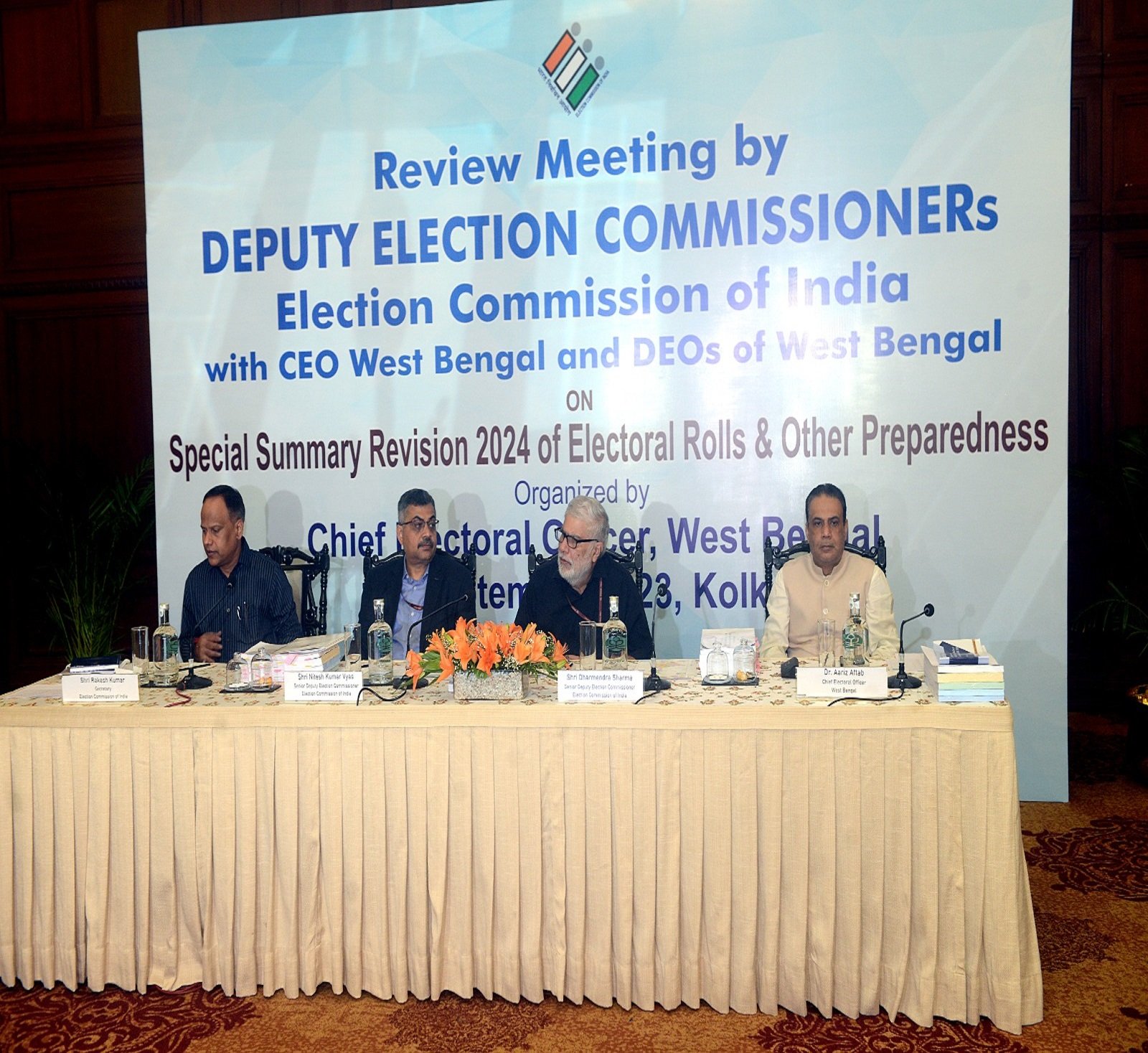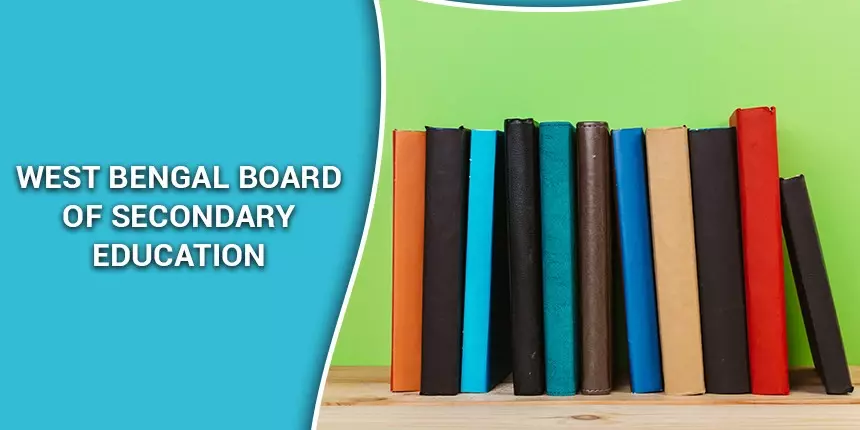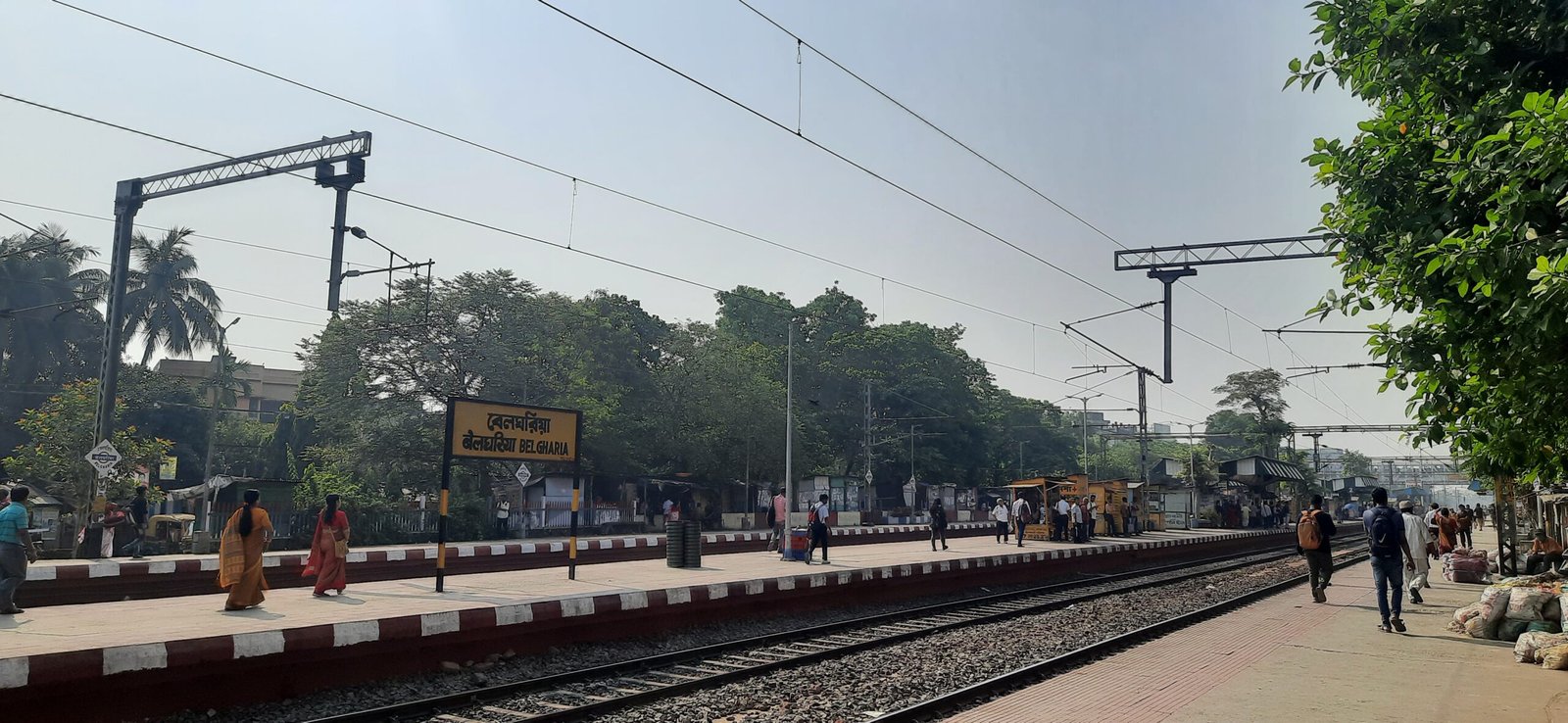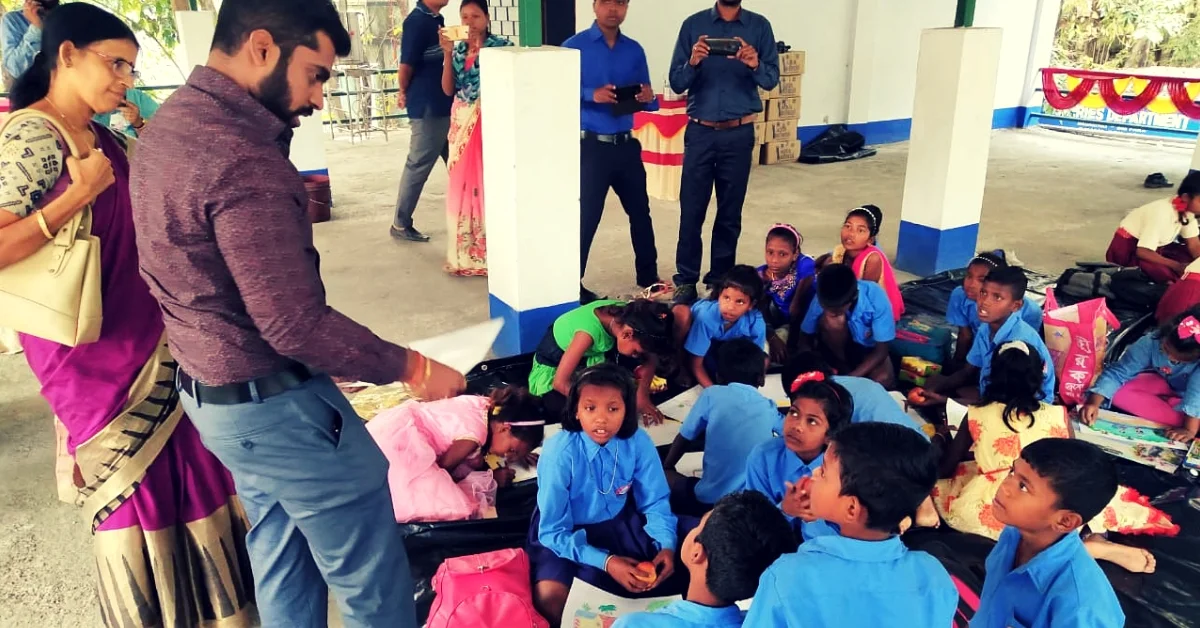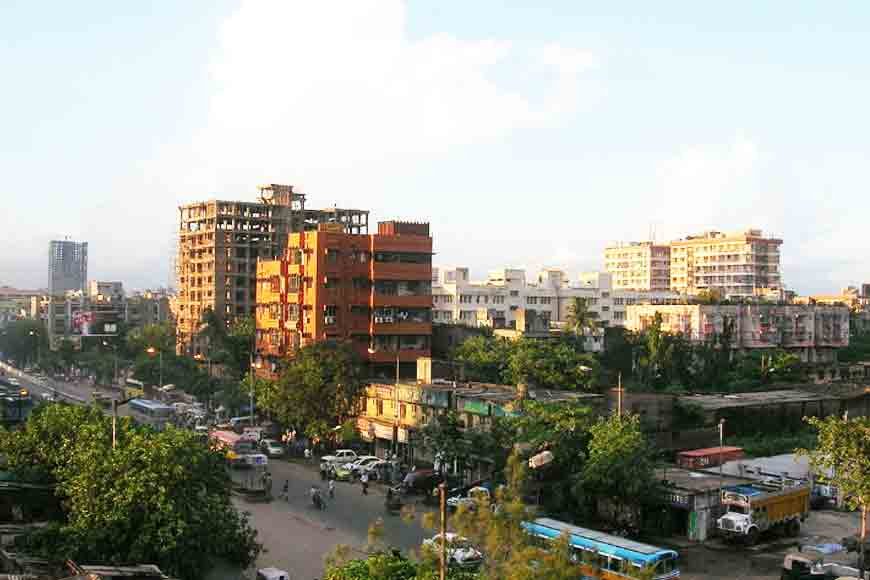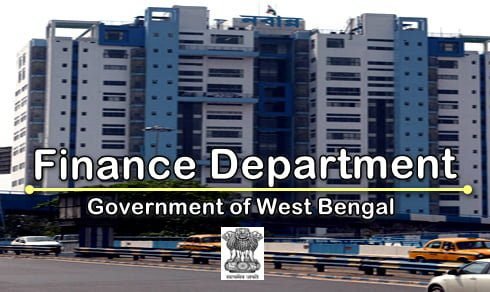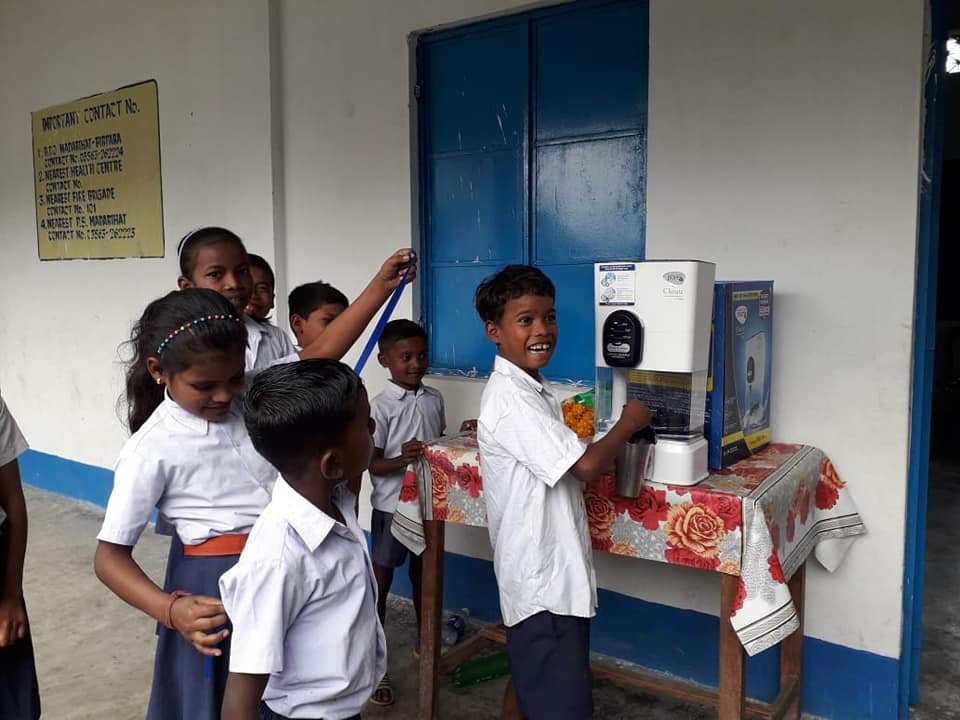
Born in Kerala, the state with the highest literacy rate in the nation, Nikhil Nirmal, an IAS officer from the 2011 batch, has always had a strong passion for education.
Mamata Banerjee, the chief minister of West Bengal, voiced concerns in August 2018 about the calibre of education being provided to pupils in the region. The young officer, who was then serving as the District Magistrate for Alipurduar, had a brilliant concept at the time that he called the “Aloran” programme.
Over 20,000 pupils in 73 schools have benefited from what began as the bureaucrat’s endeavor in the previous three months
These youngsters are the offspring of labourers employed in the district’s impoverished tea garden neighbourhoods.
Superior education their kids were getting. Five tea gardens were closed because of severe losses, even though 20 were classified as “distressed.”
Due to unemployment and unstable income, the workforce was compelled to turn to manual scavenging and menial tasks. In addition, social ills, including child trafficking, underage marriage, sexual abuse, organ trafficking, and alcoholism, were made possible by acute poverty. Many of these children were forced into child labour to help support their families.
The DM understood that the administration could only implement the much-needed adjustment. And thus, Aloran came to be.
Nikhil Nirmal explains the initiative
“When I began going to schools without warning, people were astonished by this conduct. I immediately saw several issues, including low attendance, absentee instructors, and an absence need for more education department oversight. But we knew they couldn’t take the responsibility as they were also dealing with a serious officer shortage. There were just four Sub-Inspectors for the 840 schools spread across 11 rings.
The bureaucrat decided to take action by going to the schools and eating with the pupils, assessing the learning objectives, and assessing the quality of the midday meals.
The Aloran Initiative was launched on Teacher’s Day in 2018 and is currently operating in 73 schools of the Alipurduar District’s closed and “stressed” Tea Garden areas, namely in five blocks of Alipurduar I, Falakata, Kalchini, Kumargram, and Madarihat.
How does the initiative work?
Every two weeks, 73 schools are visited by government officials of different grades, such as the Deputy Collector, Deputy Magistrate, and extension staff, under a “zero-cost” concept.
They closely monitor teacher and student attendance, the quantity and quality of midday meals, and the facilities for infrastructure and sanitisation.
The midday meal is the main reason these children attend school, as many of them cannot afford a healthy meal at home. As a result, we carefully consider the amount and quality of food offered.
When a student misses more than ten days of school in a month, the police go to their home and speak with the parents one-on-one about the value of education. Since the region borders Bhutan, there is often concern that a child who is away for an extended period may have been trafficked, Nikhil says.
He notes that these government employees are called “mentors” rather than “inspectors”
An inspector is responsible for visiting, inspecting, and submitting a report to his superiors. However, we aim to guide these students and act as mentors, encouraging them to follow their passions and explore their creativity.
An impact has already been observed by the project, which has been operating for the past three months without help from outside organisations or private agencies.
“A lot of the officers have come up to me and said how nice and rejuvenating it is to talk to the students one day a week.”
Every school in the district is required by law to send an SMS indicating that the midday meal is available. The central government records this information daily. In just three months, the district that previously experienced results as low as 35% (in terms of the number of active MDMs) demonstrated a 95% increase. The consistent increase in student attendance is a reflection of other findings. Teachers have also begun to visit regularly.
To prevent hunger among the pupils in these disadvantaged communities during Pujo week, when most government schools and institutions are closed for 20 days, the government has also issued a circular. Furthermore, lunchtime meals are provided in schools participating in the Aloran project daily, including public holidays.
Government representatives’ in-person inspections have ensured that problems with routine maintenance, repairs, and infrastructure development at these schools are investigated immediately.
It has frequently been reported that wild animals enter schools near forests and cause property damage. Thus, our visits guarantee that these problems receive top attention,” adds Nikhil.
RO water purifiers have been installed in schools as part of CSR initiatives to guarantee pupils’ access to safe and clean drinking water
An iconic illustration of this is how a visually challenged student could take advantage of the West Bengal government’s Manabik stipend Scheme, which offers disabled people of any age a stipend of Rs 1000 per month. The youngster couldn’t have gotten it earlier since she had no disability certificate. But the administration got her a certificate, treated her, and directed her to the closest hospital.
Additionally, the DM set up a WhatsApp group for officers to monitor the initiative’s progress, on-the-ground actions, and grievances. Monthly review sessions evaluate the system’s development and provide fresh concepts.
The state government has also assisted in the effort. The district has received Rs 2 crore from the North Bengal Development Department to upgrade the facilities at each school block. Furthermore, because it’s a good substitute for school buses, the government’s Gatidhara scheme, which offers subsidies to car owners who use their vehicles as ambulances or to transport students, is beneficial.
Sports uniforms and school bags are also given to the pupils. In addition, their families benefit economically from the kitchen garden, vegetative fencing, and sustenance.
According to Nelson Mandela, “Education is the most powerful weapon which you can use to change the world,” Nikhil thinks that arming these children with it is exactly what he means to do.



